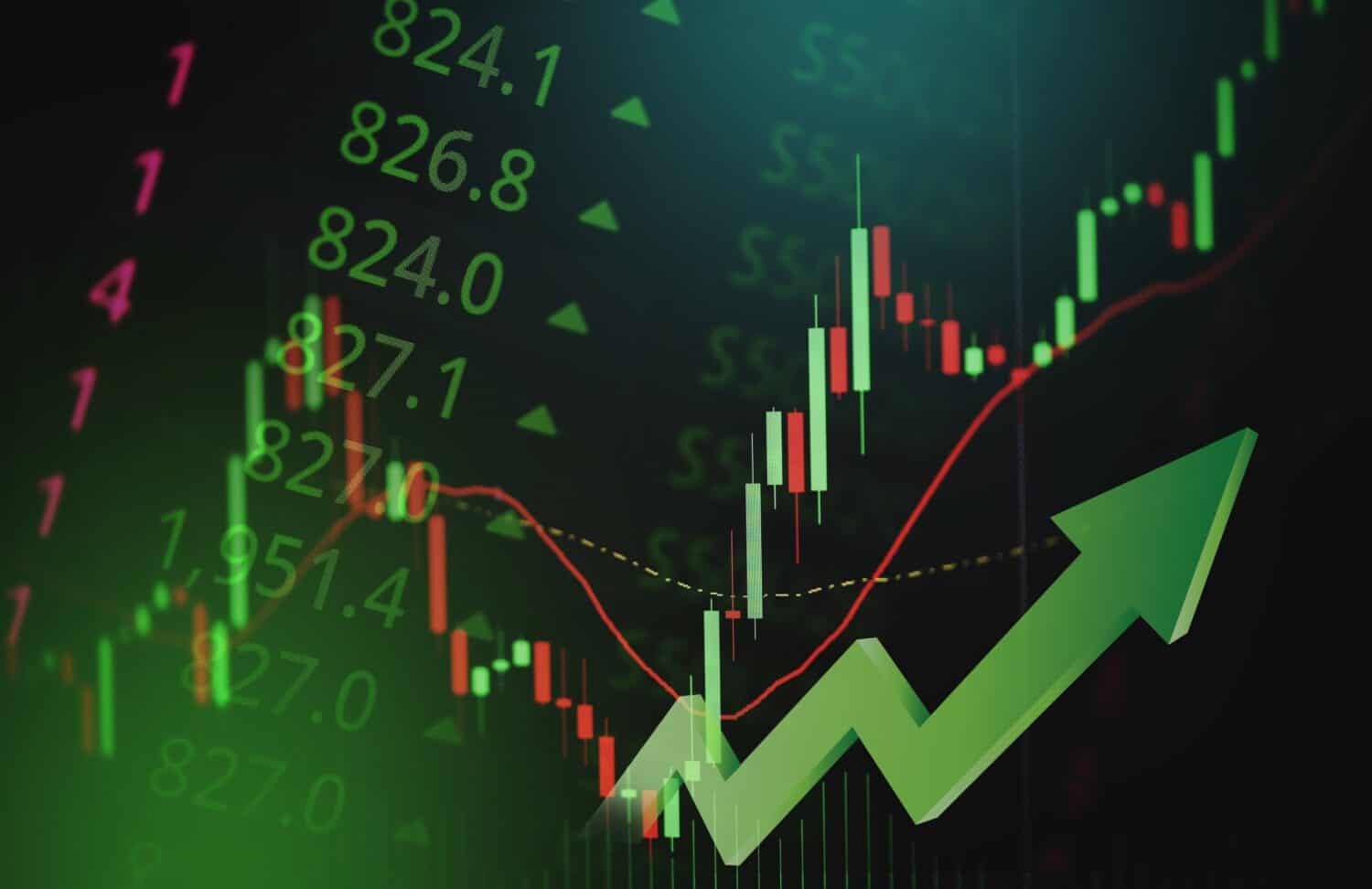
"Bank of America says it's so. The stock market may rally 50% in the next two years. If it happens, the market would go from very expensive to extraordinarily expensive. A rally of that size would take the S&P 500 to 9,914 from about 6,500 today, which would be a 52.5% increase. Axios reports that Bank of America used historical data."
"In the past 100 years, the average gain among 14 bull markets has been 177% over 59 months, the newsletter reports. However, its editors say that certain events could make gains of this magnitude unlikely. And there may be some that make the chances for the run-up greater. AI and Stocks The reasons for a huge rally or decline are already part of the stock market discussion. The Magnificent 7 stocks (Meta, Amazon, Nvidia, Alphabet, Tesla, Apple, and Microsoft) are 35% of the S&P 500 market's capitalization."
"What is true is that the financial commitment to build AI server farms is over $300 billion this year. If this works, financially, hundreds of billions more will be invested. The roadblock may be the availability of electricity. Maybe AI can solve that. Then there is the economy in general. It is already starting to show cracks. The housing market is stuck in place because of high mortgage rates and rising home prices. Consumer spending, particularly by the middle class, has slowed."
Bank of America projects the stock market could rally about 50% over the next two years, taking the S&P 500 from about 6,500 to roughly 9,914. Historical data show past bull markets averaged 177% gains over 59 months, though events could make similar gains unlikely or more likely. The Magnificent 7 — Meta, Amazon, Nvidia, Alphabet, Tesla, Apple, and Microsoft — account for about 35% of S&P 500 capitalization and are expected to benefit from the AI revolution. Investment in AI server farms tops $300 billion this year, with potential for hundreds of billions more. Electricity availability may constrain expansion. Housing is stalled by high mortgage rates and rising prices, and middle-class consumer spending has slowed.
Read at 24/7 Wall St.
Unable to calculate read time
Collection
[
|
...
]